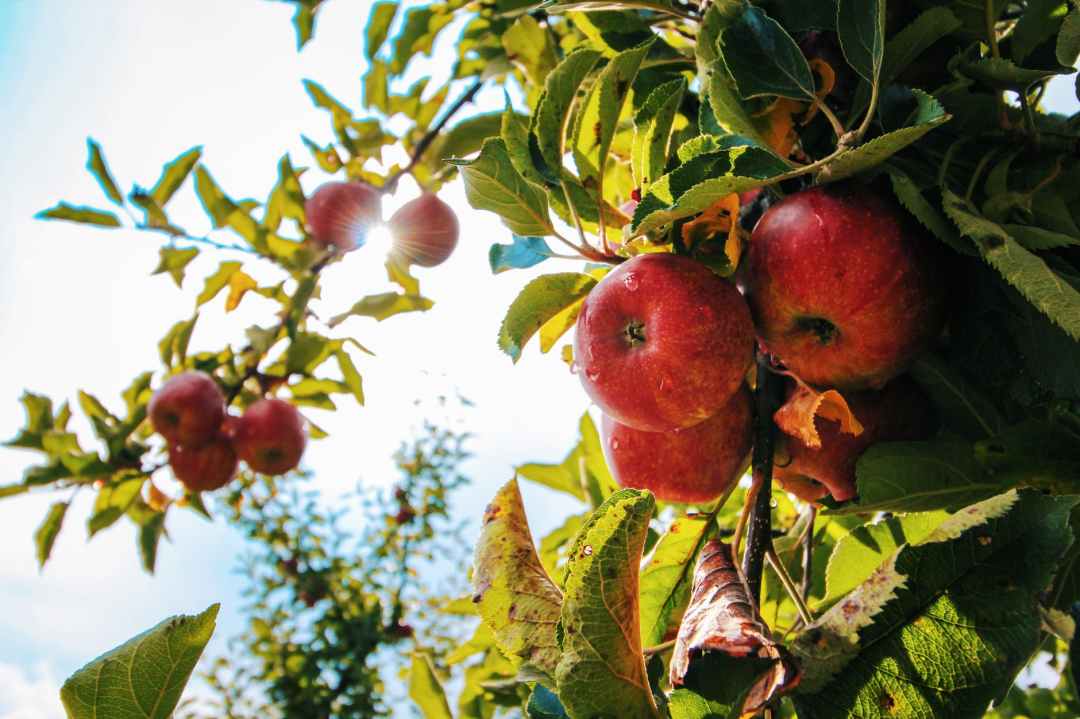To help your GCSE English exam preparation, here’s a roundup of our most-read revision guides...
London and My Last Duchess: GCSE Poetry Comparison and Sample Essay
London by William Blake and My Last Duchess by Robert Browning are fascinating poems containing some difficult themes...
Comparing Valentine and Sonnet 43: Sample GCSE Poetry Essay
Valentine by Carol Ann Duffy and Sonnet 43 by Elizabeth Barrett Browning are two poems in the WJEC GCSE poetry anthology...
Tissue and The Émigrée Comparison: AQA GCSE Poem Analysis
Chances are you’ve come across Tissue and The Émigrée already. These are two of the trickiest poems in the AQA anthology...
How to analyse structure for English Language GCSE
Here's your ultimate guide to talking about structure for English Language GCSE exams...
Comparing Exposure and Charge of the Light Brigade: A GCSE Poetry Essay Guide
Exposure by Wilfred Owen and Charge of the Light Brigade by Alfred Lord Tennyson are two tricky poems...
GCSE English Language Revision: How to explain language and structure points
Students are often confident identifying techniques, but less confident speaking about their effects...
GCSE Poetry Comparison: “Flag” by John Agard and “In Flanders Fields” by John McCrae
Analysing unseen poetry is a vital skill for GCSE English Literature – no matter which exam board you’re studying with...
Compare Cousin Kate by Christina Rosetti and Poison Tree by William Blake (Edexcel GCSE)
A sample GCSE essay demonstrating a comparison between "Cousin Kate" by Christina Rosetti and "Poison Tree" by William Blake...
An essay analysis of “Partition” and “What were They Like” (OCR)
Not to fear – poetry is one of the simplest, most beautiful ways for authors to express meaning, and also – some of the shortest pieces you’ll have to analyse (hooray).










